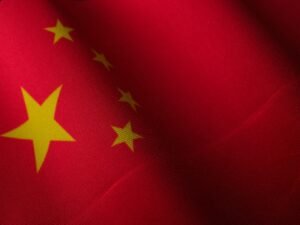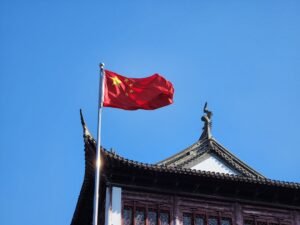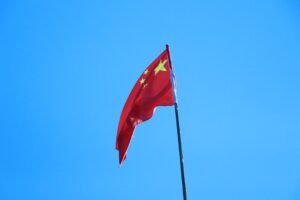This article describes the history and traditions of the Chinese New Year and how you can include the holiday in your Chinese studies.
Xīn nián hǎo 新年好! Happy New Year! Chinese New Year is an important holiday that celebrates the coming year.
The Chinese New Year, or Chūn jié 春节 Spring Festival, falls on a different date every year, but it always falls between January and February according to the lunar calendar.
It’ll be Chinese New Year on February 1st, 2022, and the Lantern Festival is on February 15th, 2022. Chinese living overseas and Chinese in China will both celebrate Chinese New Year. The first seven days (January 31st-February 6th, 2022) are national holidays, but the celebration can last up to 16 days.
Chinese New Year marks the transition between Zodiac signs. In 2022 we will go into the year of the Lǎohǔ 老虎 Tiger, leaving the year of the Niú 牛 Ox.
Table of Contents
ToggleChinese New Year: Its History
Legend has it that there once was a beast Nián 年, which means “year.” He had sharp teeth, giant claws, and a really mean growl. He lived in the wilderness most of the time, but on the darkest night of the year, he would sneak into the village and scare everyone when the new moon was visible.
After a wise man in the village led others to fight back with loud noises, fire, and red colour, Nián 年 moved away and never returned. During Spring Festival, Chinese people celebrate their heroic deeds by lighting firecrackers, wearing red clothing from head to toe, having red decorations and drumming loudly to celebrate driving Nián 年 away each year.
Red envelopes are often given as gifts, and it’s a time to visit family members and honour the dead.

Originally, each lunar new year was named after one of the twelve animals of the Chinese Zodiac, chosen by the Jade Emperor of China. Legend has it he held a great race involving twelve animals, and the winning animal deserved a name for the year.
When the ox had to cross a rushing river at one point, and the rat could not swim very well, the ox let the rat ride on his back as an act of kindness. After crossing the finish line, the rat jumped off and raced to become the first animal in the Chinese Zodiac.
Besides the animal your birth year is named after, there are 11 more animals in the Chinese Zodiac, forming a twelve-year cycle. According to legend, your year will be filled with surprises when your animal takes its turn in the Chinese Zodiac cycle. Many Chinese celebrate this ancient tradition.
According to the Chinese Zodiac, the 12 zodiacal animals are, in order: Rat, Ox, Tiger, Rabbit, Dragon, Snake, Horse, Goat, Monkey, Rooster, Dog, and Pig. Each year is associated with an animal sign according to a 12-year cycle.
For example, people born in the new Chinese Year in 1974, 1986, 1998, 2010, and 2022 are born in the Tiger Year.
In China, the Lǎohǔ 老虎 Tiger is considered a symbol of strength, exorcising evils, and bringing good luck. Kids often wear hats and shoes that feature the tiger’s image for good luck.
Traditions associated with Chinese New Year

The eve of New Year’s Eve is known as Chú xì 除夕 in Chinese. The whole family gathers for a family dinner in celebration of Chú xì 除夕. Jiǎozi 饺子 dumplings are essential to the dinner. They represent reunion and goodwill.
As part of Chūn jié 春节, people wear new clothes and give hóngbāo 红包 red envelopes to kids for good luck. Many celebrations are held, including temple fairs, dragon dances, acrobatics shows, and lantern exhibitions.
For the Chinese New Year, family members celebrate together, eat delicious food, and are happy.
Most Chinese people are planning to return to China for Chú xì 除夕 during Spring Festival. Every year there is what we call the Chūnyùn 春运 “Spring Festival traffic” where almost three billion passengers travel to China during this festival. It is the largest human migration in the world.
DO YOU WANT TO LEARN MORE MANDARIN CHINESE OR KNOW SOMEONE WHO WANTS TO?
If you want to learn Mandarin Chinese, feel free to REGISTER FOR A FREE TRIAL CLASS HERE or send me an email (Chen Huimin): huimin@laerkinesisk.no.
We offer private lessons and group classes at all levels, HSK 1-6, children, adults, business. All Mandarin Chinese classes are offered in classrooms or online.
Do you know anyone who wants to learn Chinese? We will give you 500 US dollars as a bonus as a part of our program “Refer a friend – get $ 500” if your friend or others you introduce to us start taking Chinese classes at our school.Register here if this is interesting for you!








